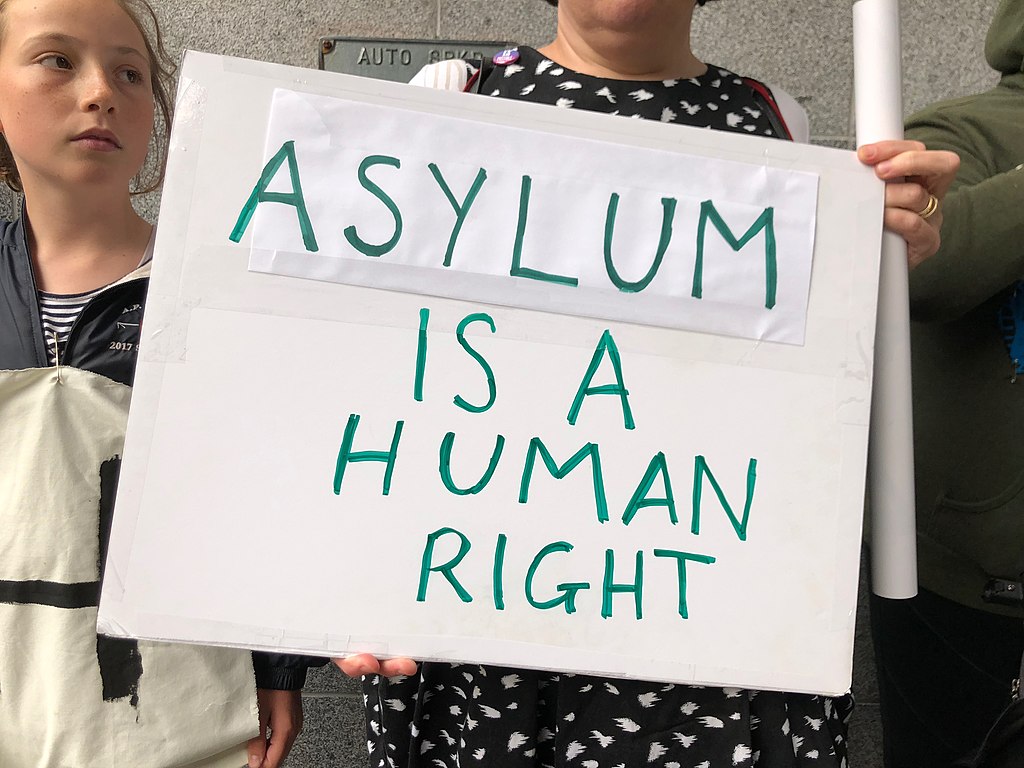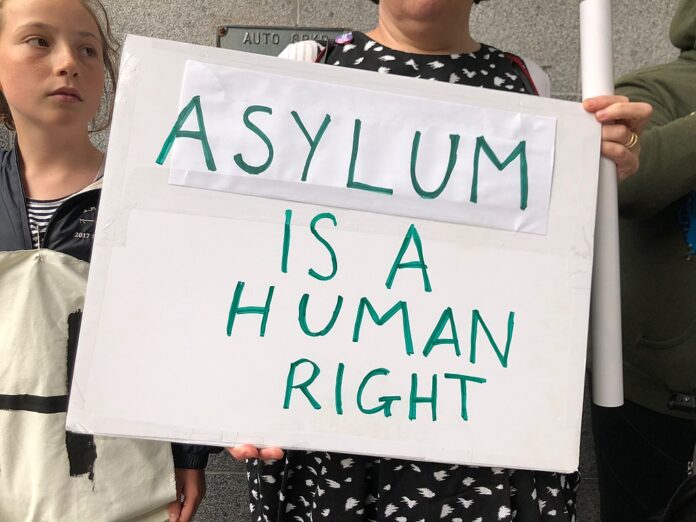On August 1, Immigration and Customs Enforcement terminated detainees’ right to free phone calls—including calls to their lawyers—seemingly without warning. The news comes only a month after detainees at Costa Verde and Golden State Annex in Kern County launched a labor strike due to unfair conditions at the centers.
Jose Ruben Hernandez Gomez, a previously detained immigrant at Mesa Verde and a legal permanent resident of the U.S. since he was a child, has been through the experience of having these resources available to him.

“If it wasn’t for these free legal calls when I was in detention, I know for a fact that I would not be here. Were it not for the ability to reach attorneys, I would not have been able to challenge deportation proceedings and would have been deported to a country where I would have faced great harm and even death,” said Hernandez Gomez in an SF Public Defende’rs Office statement.
The history and context of phone calls in detention centers date back years and started to make ripples with one particular case.
In 2013, Audley Barrington Lyon Jr., an immigrant from Jamaica, found himself in a complicated situation with his visa after being injured as a bystander in a violent crime. By cooperating in the investigation, Lyon would have been able to more easily acquire his visa.
The problem? The detention center where Lyon was being held had restrictions in place that prevented him from being able to call law enforcement to cooperate in the case.
Restrictions around time limits and the cost of phone calls are both avenues that prevent detainees from legal representation. Lyon’s situation and restrictive policies around phone calls led the ACLU to take on the case. In 2016, the case was settled and the implementation of the “Lyon Pin” was established.
This pin was only applied to Mesa Verde and Golden State Annex detention centers and allowed detainees to contact their legal teams directly without paying high fees. Legal workers would get assigned a four-digit code to contact their client from their housing unit, making the call unmonitored and free.
Separately, a program set up during the pandemic allowed all detainees up to 520 minutes of free phone calls.
However, in June, ICE terminated the 520-minute phone call program and as of the beginning of the month, it has now terminated access to Lyon pins. The elimination of both programs leaves detainees in an even more vulnerable position.
Detainees are held in civic detention while they try to obtain legal counsel or find a way to represent themselves, which is why phone calls are an essential resource for detainees to have access to.
Bree Bernwanger, an attorney for ACLU Northern California, said the termination of both programs came completely unexpectedly. She said ICE alerted detainees about the end of the program over the 4th of July weekend, but that ICE has provided no alternate solutions to replace either program.
“There are constitutional implications to this, and ICE has an obligation to ensure that people in custody can access council, have full and fair hearings and can meaningfully consult with council that they have retained,” Bernwnanger said. “All of those are constitutional issues at stake here that ICE’s decision to terminate access without a meaningful replacement, just absolutely seems to disregard.
Earlier in July, 42 detainees at Costa Verde and Golden State Annex launched a hunger strike where they highlighted poor conditions at the detention centers. This comes in alignment with a labor strike held a few days before in which 50 people were withholding their labor after being compensated only $1 per day.
Their demands include the termination of ICE detention centers by December 2024, for the detainees’ cases to be processed fairly, to end solitary confinement, to provide adequate health services, including non-expired food and proper mental health care, and to restore free phone calls.
In 2015, two attorneys visited the Mesa Verde detention center and wrote up a report in which they highlighted several concerns that parallel the issues detainees are still advocating for today. This includes a big emphasis on access to phone calls.
Victoria Petty, a lawyer with the Lawyer’s Committee for Civil Rights, expressed concerns over detainees experiencing different forms of neglect and abuse while in detention centers. Without access to an attorney, detainees are then left defenseless and are entitled to legal recourse.
“If they’re not able to contact their lawyers to tell them about what’s happening, if they’re not able to productively work with a lawyer to evaluate the legal viability of their concerns, then that cuts off a important access to the justice system for people who are detained in these private contractor facilities.”
As Bernwanger put it:
“Even with free phone calls, people in detention [centers] are at a huge disadvantage and are cut off from many support systems that they need, including legal support and so the thought that now their cases are thrown into even further disarray that now they are cut off even more. That is something that should concern all of us.”







